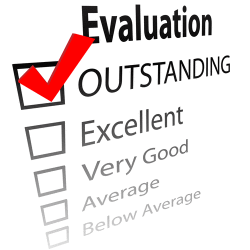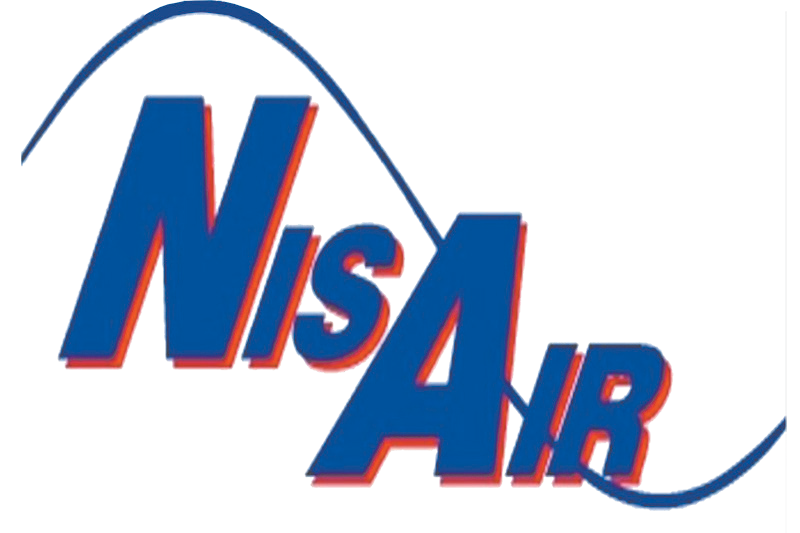Want to Conduct a Home Energy Evaluation? Use this Checklist
How much do you spend per month in energy costs? Whatever the number is, you’d probably like to spend less. There are plenty of ways in which your home might be wasting energy. If you want to start saving, you need to find them and fix them. The best way is to get a professional home energy audit from your HVAC technician. But in the meantime, you can also conduct your own home energy evaluation, to get an idea of how you can save. Here’s a checklist to get you started.
- Check for leaks. Look around walls and baseboards, as well as doors and windows. Also check the outside of your home, particularly in places where two different types of materials come together.
- Check ductwork. Leaks in your ducts cause average energy losses of 30 percent. Look for pinhole leaks, tears and other damage, or places where two sections of ductwork have come apart. Seal them with metal tape or mastic sealant.
- Check insulation. Insulation slows the flow of heat and keeps conditioned air in your home longer. Check the attic in particular. Make sure there’s enough insulation, that there’s a vapor barrier underneath it, and that the hatch is properly insulated and weatherstripped. Also make sure that the insulation doesn’t block the attic vents.
- Check your HVAC equipment. This also should be inspected professionally once a year, but there are a few questions you can answer yourself beforehand. Is the system more than 15 years old? Does it run too long? Are there disparate temperatures across the same room? Does it fail to keep your home comfortable? If the answer to any of these questions is yes, then the system is probably wasting energy, and you’d do well to invest in a newer, energy efficient model.
Going through these steps will help prepare you for a professional home energy evaluation, and make it easier for the audit to find where you’re wasting energy.
To learn more about how to conduct a home energy evaluation, or to schedule a professional energy audit, contact us at NisAir Air Conditioning and Heating.

